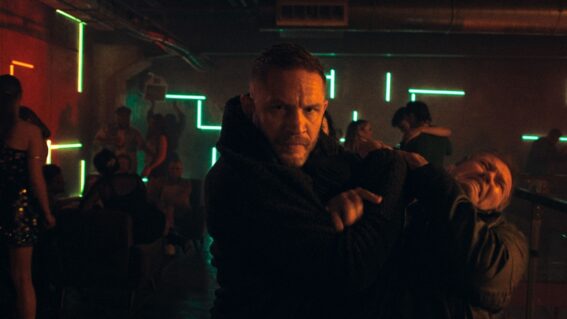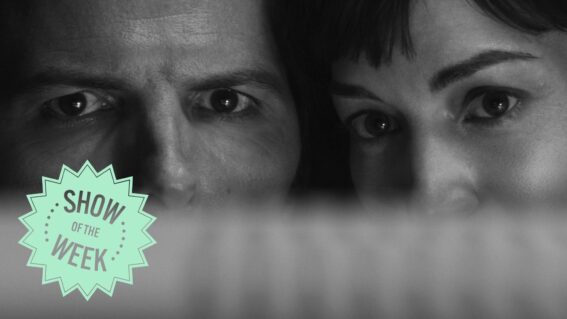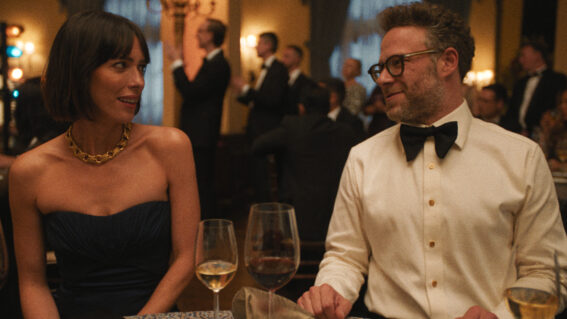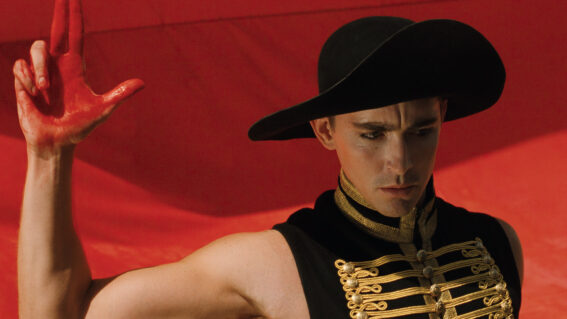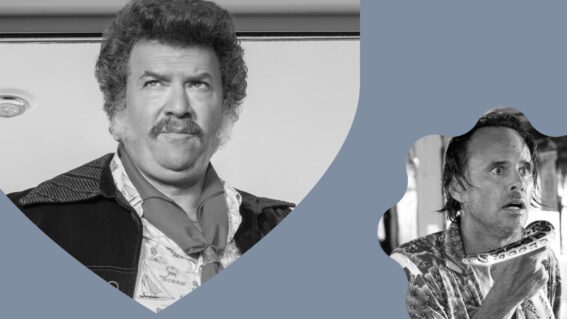Folie à Trois: looking back at 3 performances that modernised The Joker
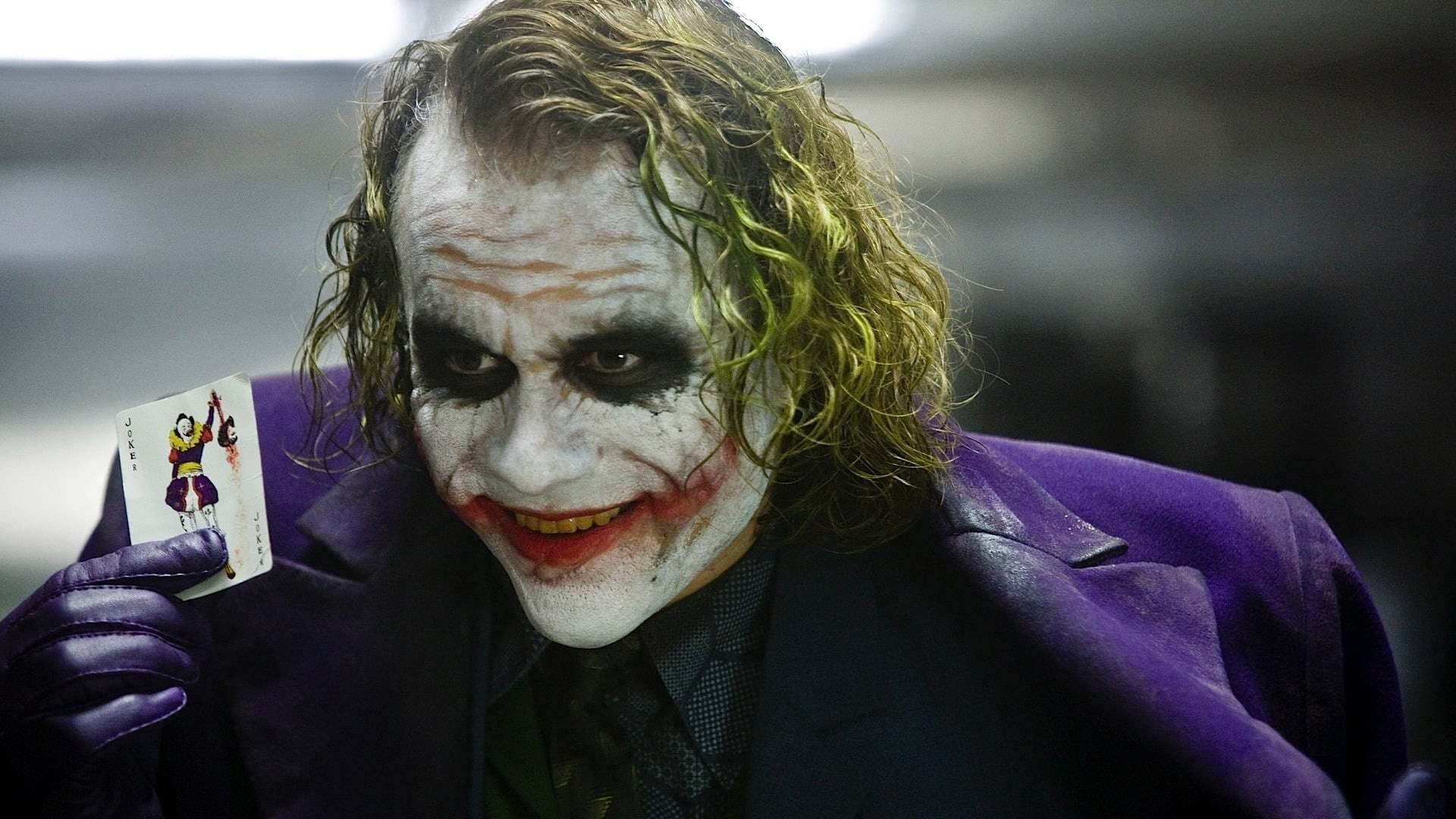
With Joker: Folie à Deux fresh to cinemas, Cat Woods reflects on how the actors portraying the iconic comic book villain ultimately channel their own personalities, reputations, flaws and fascinations into Joker, for better or worse.
Since his origins in the Batman comics as a wacky weirdo prone to dumb pranks, Joker has morphed through the decades into a traumatised, psychologically unhinged sociopath. The portrayal of one of Batman’s greatest adversaries reflects a broader cultural, social and economic atmosphere in which extreme violence has become the norm on screen, and real-life radical crimes mean screenwriters have to be even more imaginative in how they captivate viewers who are numb to villainy.
Additionally, Batman—like every superhero movie—has been thoroughly mined for prequels, sequels, spin-offs and remakes. Producers and writers are forced to craft new and compelling backstories for characters who were once somewhat mysterious in terms of their origins and motivations. Despite existing for over 40 years, by the 1980s, the prime audience for Batman comics and screen adaptations was adults rather than children, so the tame television series was ditched in favour of more gothic, gory stories and villains thanks to Frank Miller’s vision of Gotham as a violent, sprawling hell.
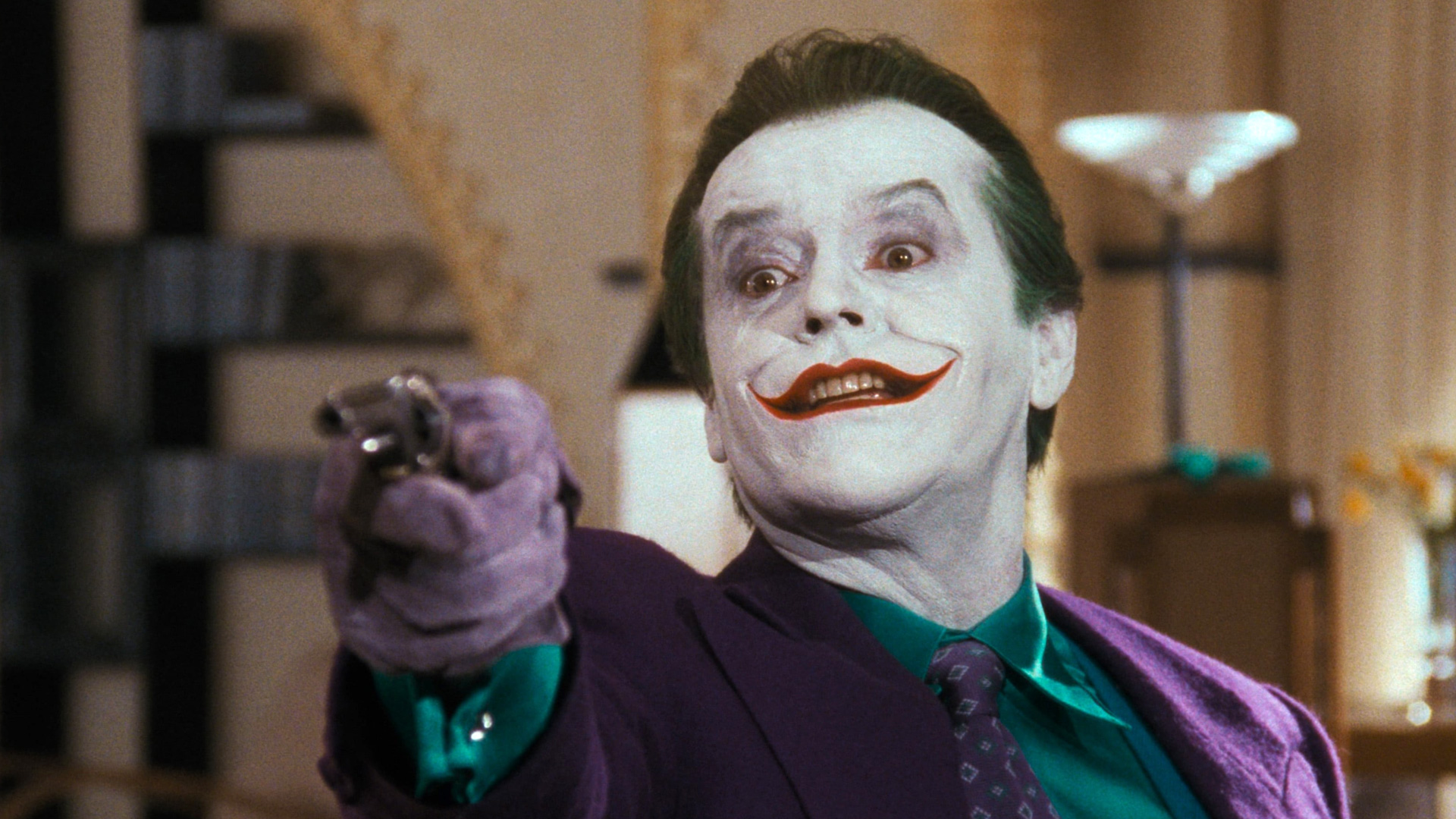
The 1989 Batman movie, starring an unforgettable and iconic Jack Nicholson as Joker, portrayed him as violent and sociopathic, but also a trickster and a charismatic, charming flirt surrounded by lackeys with a cult-like adoration of him. He dressed in snazzy suits that he wore with jaunty confidence. He was a far cry from the dishevelled, asylum-bound criminal depicted by Joaquin Phoenix in Joker: Folie à Deux or Heath Ledger’s messy, traumatised madman.
Nicholson was fresh from playing an eccentric maniac in The Shining, and a bullied, overmedicated patient in a psychiatric ward in One Flew Over The Cuckoo’s Nest when he stepped into the Joker role, channelling elements of both prior roles into his depiction of Batman’s foe. Ledger took a significantly more haunted spin on the malevolent, reckless Joker—a bank-robbing, conscience-free killer.
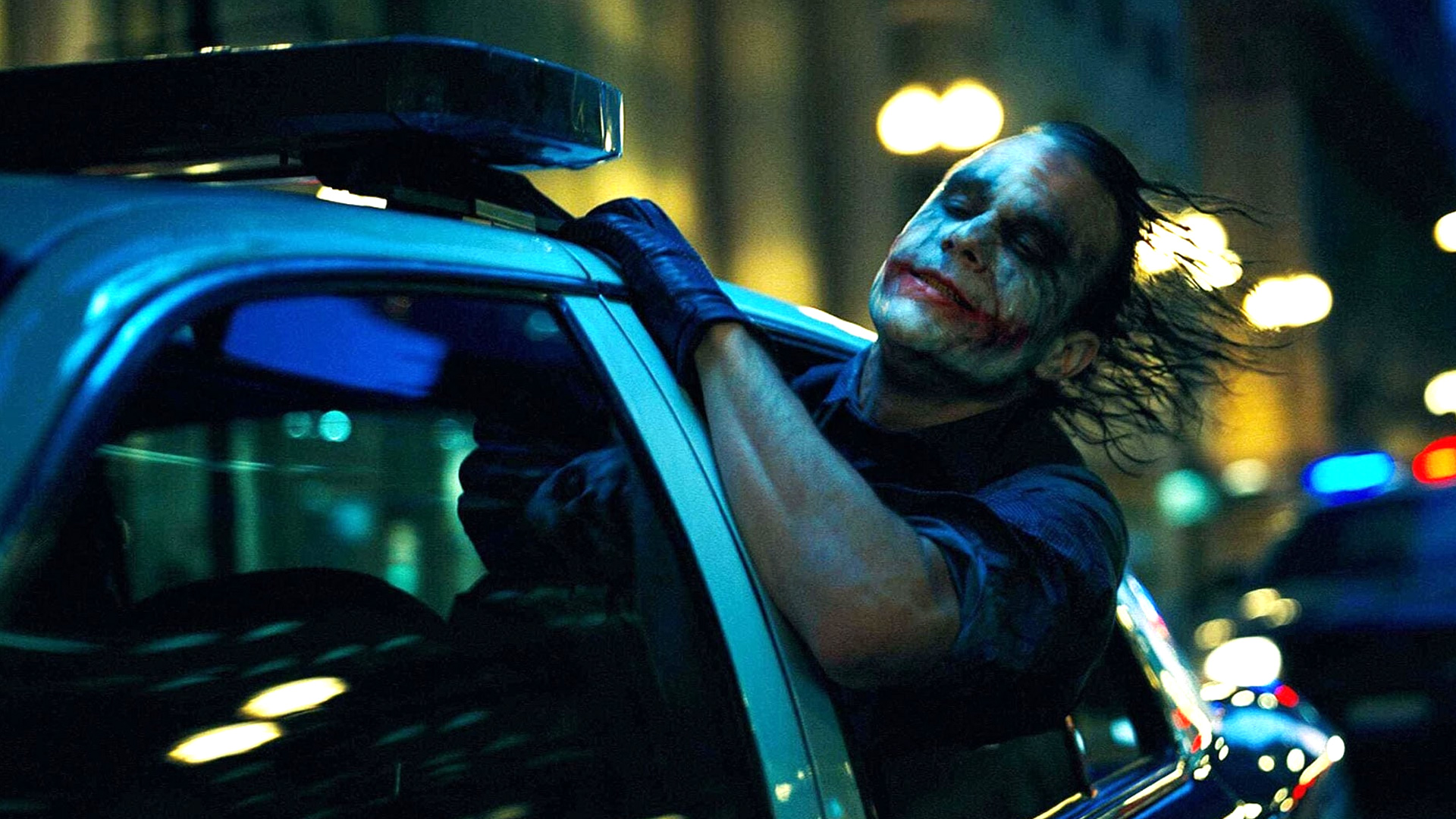
Ledger’s method approach to the role is well-known. The Australian actor, only in his mid-20s and striving to prove himself a serious actor in Hollywood, isolated himself in a hotel room to develop his voice, mannerisms and gestures. It was an experience that is hard to distinguish from his own worsening psychological difficulties, including insomnia and anxiety. Ledger’s portrayal upped the stakes for any future actor taking on the Joker—almost providing a challenge: how far will you go to bring a sociopathic, comic-book villain to life when there’s so much eccentricity, radicalism and violence in the daily news? How far can you push a method approach to this maniac?
In Phoenix, we have an actor who has been equally lauded (not least by director Todd Phillips) and derided for playing sociopathic man-child characters who are full of tics and self-indulgent, performative sadness. In Joker: Folie à Deux, all of these aspects of Phoenix get their time on stage. Phillips and Phoenix discussed reprising the role of Arthur Fleck (Joker) soon after wrapping their 2019 Joker which scored Phoenix an Oscar, reportedly imagining a Broadway version inspired by a failed stand-up comedian-turned-psychopath killer. While a full-blown live musical didn’t eventuate, scoring Lady Gaga as co-star was a coup. In terms of musical numbers, it should be an absolute blast. Spoiler alert: It’s not. The hackneyed, haunted versions of 1950s and 1960s jazz and big band standards are mundane. The only thing more mundane is the court scenes, where Arthur is on trial for five murders—crimes that attracted the obsessive devotion of Harley Quinn (Lady Gaga/Stephanie Germanotta). That the female conspirator to the Joker is an obsessed fan in a mental asylum rather than a woman who can hold her own, and desires a broken, brutally self-obsessive loner is pretty typical of Phillips’ view of women (see The Hangover, Road Trip, and Old School): sidekicks rather than spotlit stars.
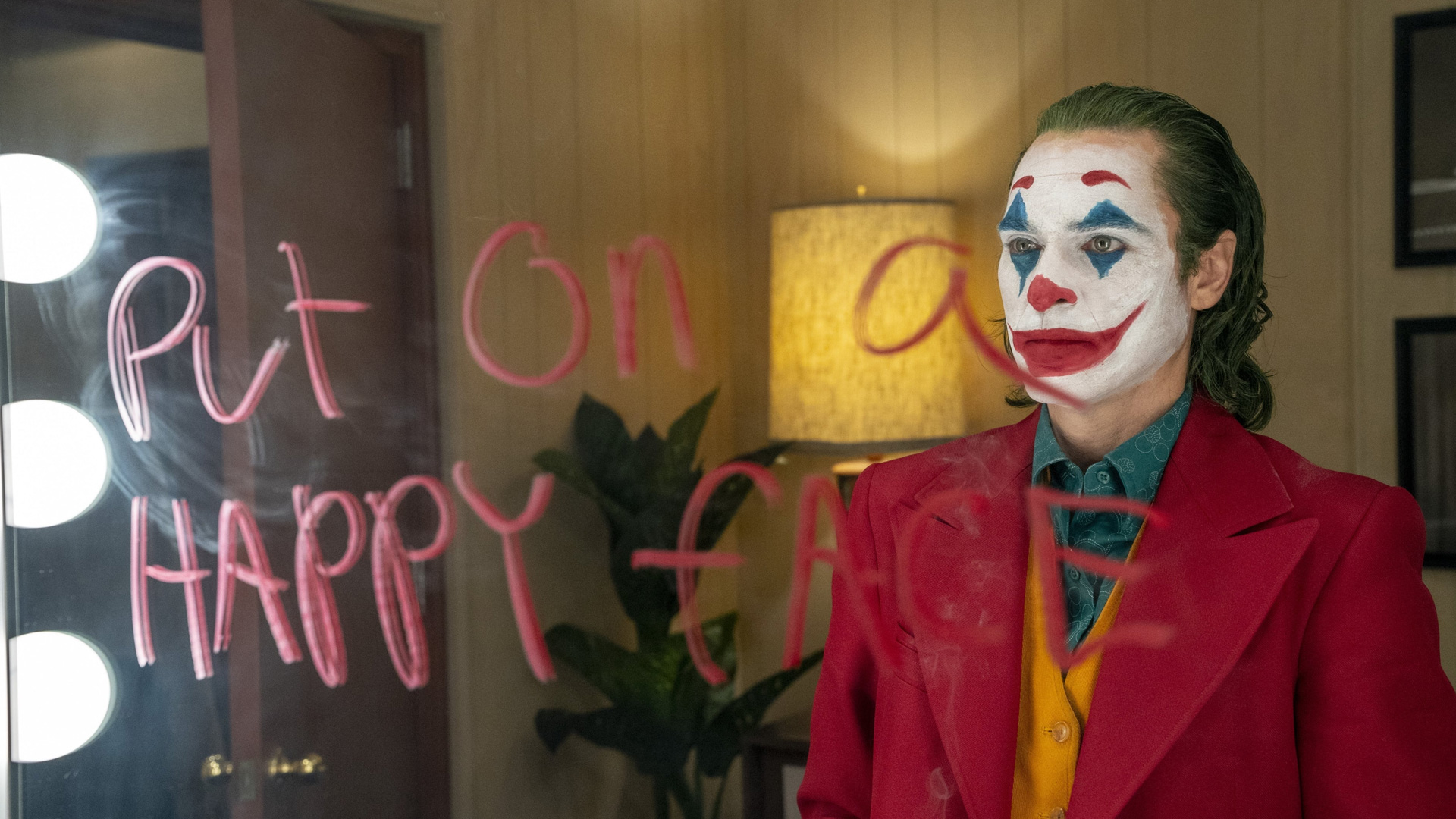
While the screen portrayal of madness is not a new preoccupation, it’s undeniably relevant when considering Joker: Folie à Deux and our increasingly therapy-influenced media and public discussions. Has it become boring to younger, less attentive audiences to portray an eccentric comic book icon with charm, comedic chops, and without recourse to his entire childhood history? Has Jack Nicholson’s purple-suited, art-loving, creepily charismatic Joker lost his lustre in comparison to a sleep-deprived, asylum-bound, unshaven misanthrope? If Phoenix and Phillips are to be trusted, apparently so. Even the caped crusader, Batman, is apparently unnecessary in any new tale, too.
While Arthur’s conflict between pleading insanity and fully owning his mad, world-recognised Joker persona should be compelling, it doesn’t carry the full weight of this movie and the storyline feels stuck in a tiresome groove. Phillips really could have taken a page out of The Sopranos‘ songbook, in which Tony Soprano’s meetings with a psychologist were funny, candid and food for thought. On the face of it, a mob gangster talking about his family issues (mothers, it’s always their fault, right?) should be a Saturday Night Live skit and nothing more, but it always felt genuine, relatable and fully integrated with the overall episode when Tony was in counselling. It worked because these scenes were brief and relative to more interesting, interrelated plotlines. In Joker: Folie à Deux, the yawn-fest of lawyers, asylum hallways and courtrooms are it. That’s all.
While there will be hardcore DC Comics and long-time Batman fans who appreciate any spin-off character studies, there are also Batman romanticists like myself who want to see the caped crusader himself in any Batman-related movie. The battle between the Gotham City icons is far more fascinating than an indulgent psychological drama/star vehicle for Joaquin Phoenix. Hollywood, bring back Bruce Wayne, and let the Joker stop mining his own trauma for our entertainment.

